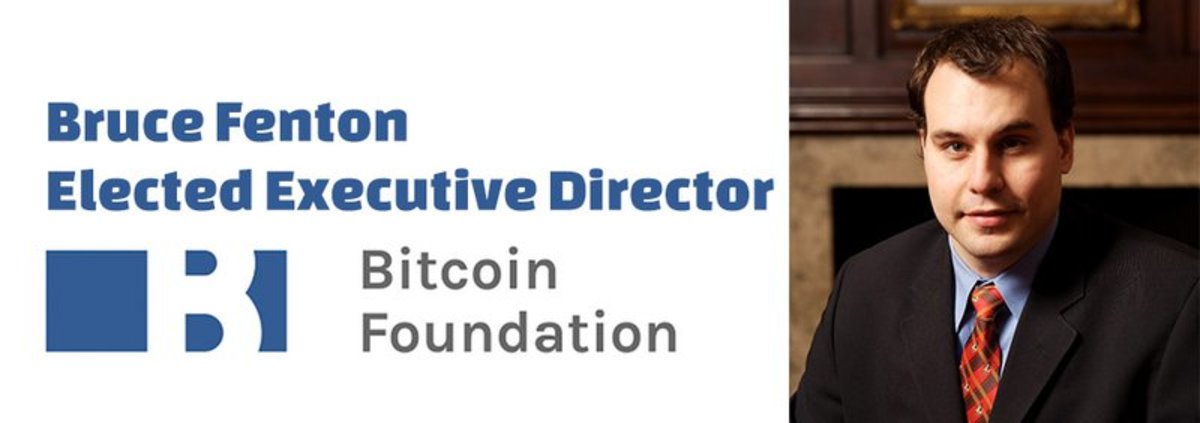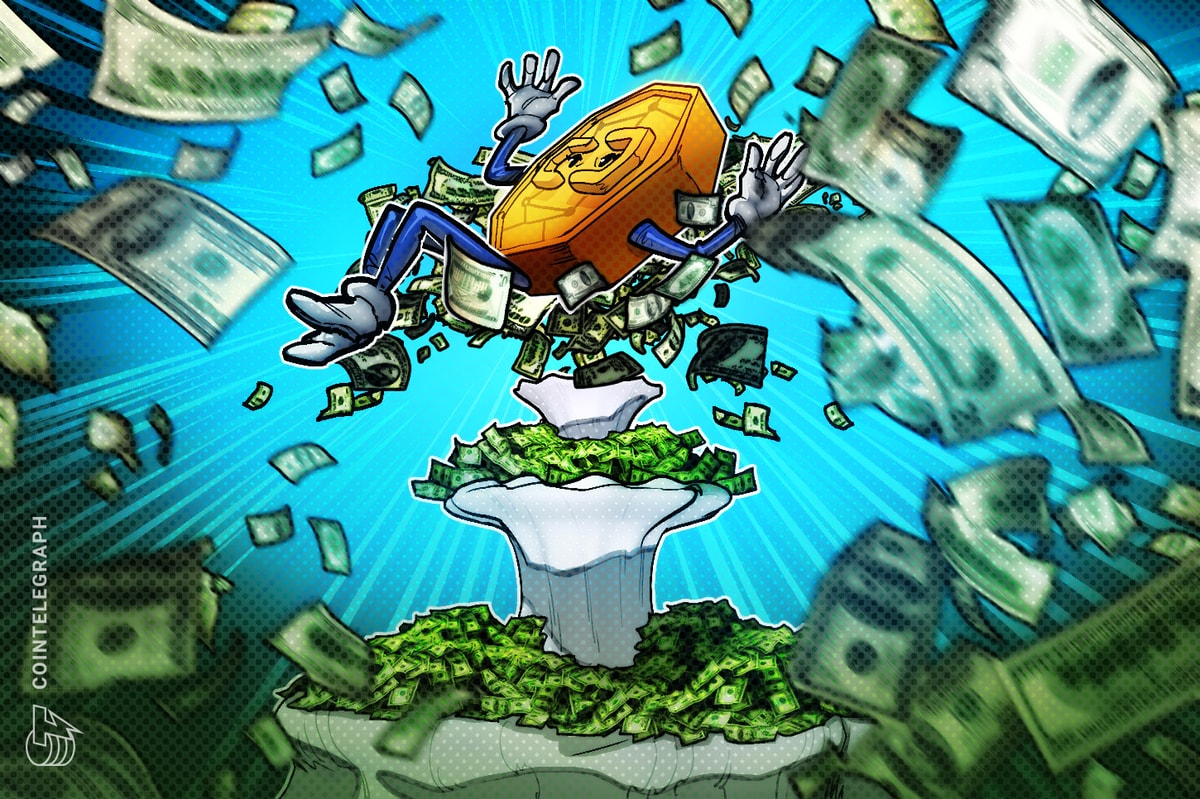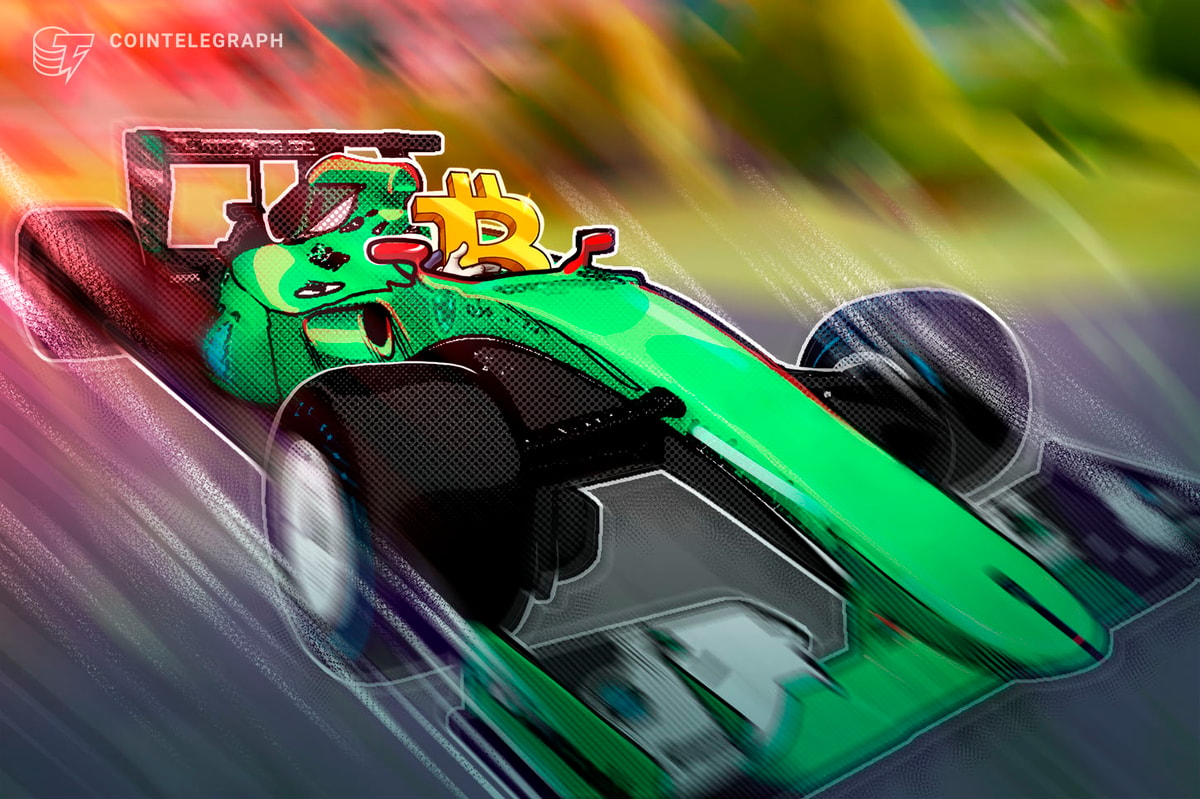Bitrefill is connecting bitcoin to the second-most modern form of electronic money — prepaid phone credits. The service lets users punch in their mobile number, select the amount they wish to add, and then pay in bitcoin.
But more importantly, phone credits are the only digital form of currency many unbanked people, which total over 2 billion across the globe, are familiar with. Connecting bitcoin to prepaid bills creates lots of interesting possibilities, like remittances and payouts.
Furthermore, it also “anchors the value of bitcoin to something concrete in many countries where there isn't yet so much bitcoin infrastructure,” explained Sergej Kotliar, Bitrefill CEO, to Cointelegraph.
The startup supports top-ups, which go through as soon as the transaction clears, normally within 10 minutes, of over 400 operators across 100 countries. While currently being accelerated by Draper's Boost VC, Bitrefill is “the payout network, the off ramp for the world,” says Kotliar.
Kotliar told us what inspired him to launch Bitrefill and how bitcoin when “backed” by prepaid phone credits can instill greater confidence in the public to use cryptocurrency, particularly in countries where these credits are already in use as digital money.
“In most developing countries [prepaid airtime] is the only thing that can be bought with bitcoin.”
- Sergej Kotliar, Bitrefill CEO
Cointelegraph: Could you tell us about Bitrefill and why you decided to create it?
Sergej Kotliar: We launched it in October 2014 as an experiment, initially underestimating the extent of the prepaid market worldwide — in Western Europe and the U.S., prepaid is a niche, whereas worldwide it’s actually the vast majority of cellphone subscriptions. We got a very enthusiastic reception from the Bitcoin community, which made us realize that this is actually a pretty big business.
“We’re working hard to get better deals and reduce our prices for our end users. …[We] will not rest until we’re 0% fee everywhere.”
CT: How do the fees compare to conventional means when topping up your mobile account with bitcoin via Bitrefill?
SK: It depends. Compared to online services — for example, credit card based ones — we’re significantly cheaper. Our goal however is to go further and be competitive with local physical retail merchants. In a 7-Eleven, you normally pay 100 to get a refill of a 100, which is our goal to offer worldwide, that is “no surcharges.”
We already offer that in a number of countries, most prominently in India, and we’re working hard to get better deals and reduce our prices for our end users. It’s no secret that we’ll be announcing some big price drops soon and will not rest until we’re 0% fee everywhere.
CT: Tim Swanson wrote that the ‘rebittances’ vs. Western Union argument is flawed in that people still need a physical location to cash out. Do you agree, and can Bitrefill provide a solution to this problem?
SK: He’s right that for Bitcoin to work as a simple remittance vehicle of fiat currencies, you’d need buyers in the local countries, which we currently don’t have in most cases, and that’s the biggest problem for most “rebittance” companies. However, if one day bitcoin becomes passable as currency in many of these countries, then suddenly remittances will work really well, as people will be able to accept bitcoin qua bitcoin (as opposed to immediately exchanging it into local currency).
What Bitrefill does in this regard is that we tie the value of bitcoin to one of the biggest household expenses. If nothing else, bitcoin then will at least be worth the prepaid airtime it can buy. In fact, in most developing countries, this is the only thing that can be bought with bitcoin. Many developing countries don’t even have an exchange yet, so in those countries our offering is the only meaningful way to spend one’s bitcoin.
But the important thing is this:
“If it is known that bitcoin can be exchanged for something as tangible as mobile credits, perhaps that's the confidence bitcoin needs to be used for transactions in those countries.”

CT: How does your recently announced partnership with Celery (and other companies) fit into your plan to ‘hide bitcoin from the end user’?
SK: We believe end-user usability of bitcoin is still massively lacking. Part of our offering is that if you use our service to send phone credits to someone, the recipient does not need to know anything about bitcoin — no private keys, no addresses, no hashes, etc. By partnering with, for example, an exchange, we can remove bitcoin from the sender side as well. The sender pays with their bank account, the exchange pays us in bitcoin, and the end user receives their local currency.
The long-term strategy is to be the platform — to offer our worldwide instant payout solution to Bitcoin companies as a last-mile solution to pay out users. It can be bitcoin services, but it can also be used by other companies looking to pay people in 120 countries.
“Bitrefill is the default off-ramp for the rest of the world.”
CT: What do you mean by "backwards compatibility of new digital money with the old digital money"?
SK: If you’re unbanked, your prepaid phone balance or mobile money is the most digital type of money that you have. There are no credit cards or bank accounts. Bitcoin is a whole new technology, and we make it compatible to the previous generation, which will most definitely still be around for quite some time.
Bitcoin is this amazing superhighway in which value flows freely. Bitrefill is the default off-ramp for the rest of the world.
CT: Do you think Bitcoin’s technology – the blockchain – as a means rather than an end, can be used by your company and traditional financial institutions as a payment rail to expedite settlements, eliminate fraud, etc.?
SK: Yes, we think that Bitcoin will be successful as a B2B tool before it’ll be successful as a consumer tool. Simply the usability and security challenges of Bitcoin are much less of a hurdle for a business — and the incentives are much higher.
Fraud, charge-backs, settlement times are all big issues for many businesses, issues that are severe enough for them to consider investing into getting on board the Bitcoin system.
CT: What about when many of these legacy players say that bitcoin will fade out but the blockchain is what really matters?
SK: No bitcoin, no mining. No mining, no blockchain. It's that simple.
“The usability and security challenges of Bitcoin are much less of a hurdle for a business — and the incentives are much higher.”
CT: From your experience, how are users in developing countries using bitcoin specifically? Can you provide some examples?
SK: What I think is a very interesting aspect of Bitcoin adoption is looking at bitcoin being earned as exchange for work, goods and services. In that area, the volumes are still incredibly small, but some Mechanical-Turk style activity already happens in developing countries.
Mining is actually more common than many think. Lots of people have their own home mining rigs as a way of earning some extra income. Another big thing is the faucet ecosystem. Lots of users are actually spending hours on these sites, solving captchas and watching ads to receive pretty small amounts of bitcoin. But it adds up, and often they’ll use our service to cash out into local value.
CT: Do you think Africa can leapfrog traditional banking thanks to mobile payments and Bitcoin?
SK: It’s hard to generalize Africa, as it’s so many countries with vastly different conditions. My general view is that banking will be decoupled into a plethora of separate services, and in that sense, then definitely, they already are.
Did you enjoy this article? You may also be interested in reading these ones:









